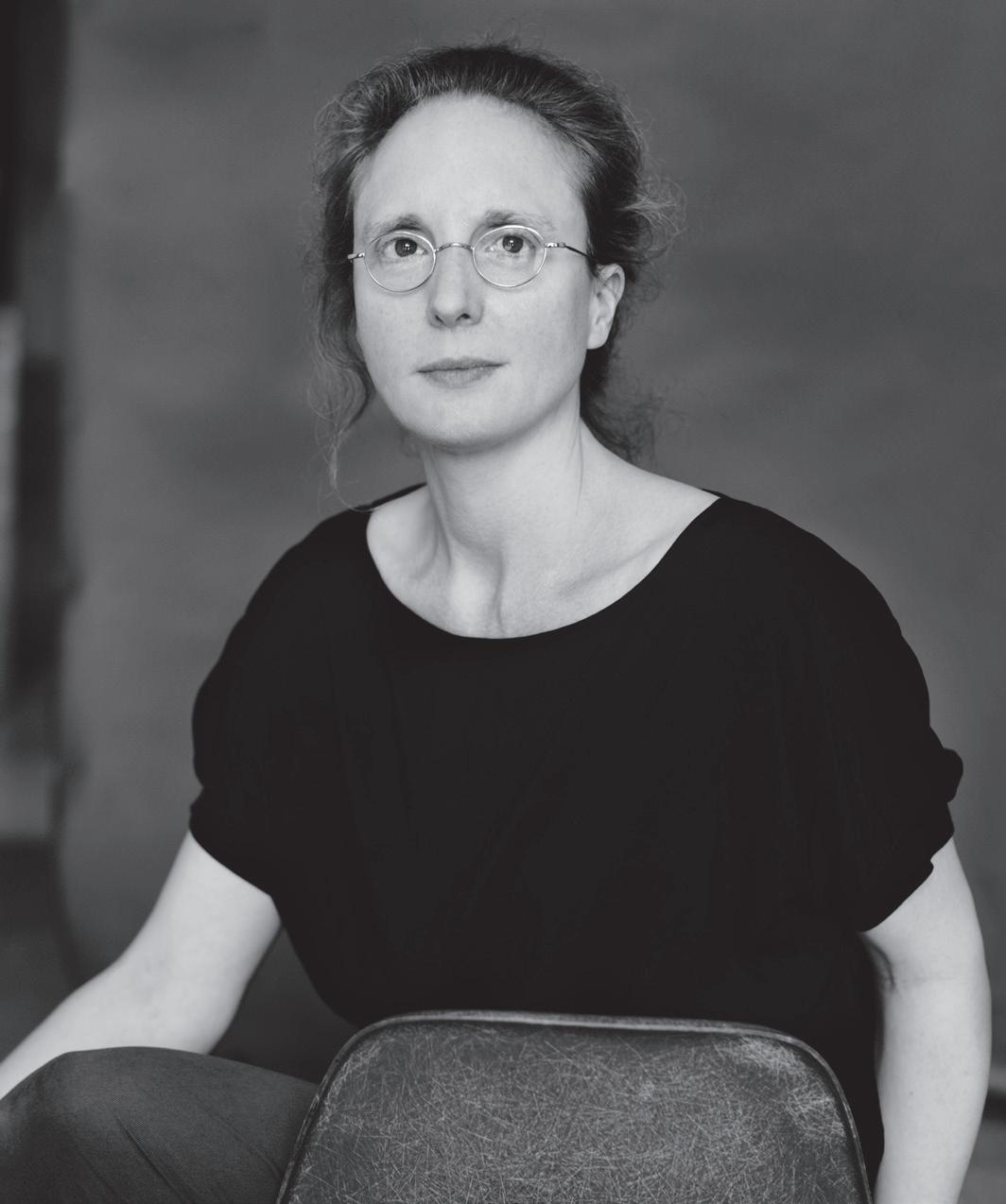SAUNDERS
disclosure
for Bass Clarinet (doubling Clarinet), Trumpet, Trombone, Piano and Violin


disclosure
for Bass Clarinet (doubling Clarinet), Trumpet, Trombone, Piano and Violin

disclosure for Bass Clarinet (doubling Clarinet), Trumpet, Trombone, Piano and Violin
“I still see, sometimes, that waning face disclosing, more and more clearly the more it entered shadow, the one I remembered.”
Horn Came Always
Samuel Becket (c. 1960)
Tempi are only indications – take your lead from the virtuosic limits of the violin part.
Let the soft sounds breathe, extending the pauses and fermatas if necessary. Stretch the melodic line through space. Extreme contrast between the hard-edged aggressive noise-based palette and the quiet vertical sounds. The fve instruments are conceived as a single timbral palette.
All players must whisper a word or two. Please project your whisper, balancing with each other, and pronouncing clearly.
Page turning:
I recommend using two stands for each player (except piano), sliding the A3 parts from left to right. Further, consider reducing the parts mounting two pages over each other on thick paper/card, two per stand.
Duration: just under 11 minutes
With thanks to Carl Rosman and Bruce Collings for trying out sounds with me, to my uncle for his violin, to my father and his piano, and of course Oberlin College.
Commissioned by and written for the Contemporary Music Division of Oberlin Conservatory and the Oberlin Contemporary Music Ensemble and its Director Timothy Weiss, with additional fnancial support from musikFabrik and Kunststiftung NRW.
for Bass Clarinet (doubling Clarinet), Trumpet, Trombone, Piano and Violin

Rebecca Saunders (b. 1967) studied with Wolfgang Rihm at the Musikhochschule in Karlsruhe, Germany, and for a doctorate in composition with Nigel Osborne at Edinburgh University. She lives in Berlin. Saunders’ numerous composition prizes include three Royal Philharmonic Society Music Awards, two BASCA British Composer Awards and the 2019 Ernst von Siemens Music Prize. Her works have been performed at festivals including the Huddersfeld Festival, the Berlin Biennale and the Darmstadt International Summer Course. In 2009 she became a member of the Berlin Academy of Arts. Saunders’ works include chroma, for chamber groups distributed throughout the performance space; void, a concerto for percussion duo and orchestra; and Yes, a spatial performance for soprano, 19 soloists and conductor.
Rebecca Saunders (*1967) studierte Komposition bei Wolfgang Rihm an der Musikhochschule Karlsruhe und promovierte an der Edinburgh University bei Nigel Osborne. Sie lebt in Berlin. Saunders wurde für ihr Schaffen vielfach ausgezeichnet, u. a. mit drei Royal Philharmonic Society Music Awards, zwei BASCA British Composer Awards sowie mit dem Ernst von Siemens Musikpreis 2019. Ihre Werke erklangen bei zahlreichen Festivals, wie dem Huddersfeld Festival, der Berliner Biennale und den Darmstädter Ferienkursen für Neue Musik. 2009 wurde sie zum Mitglied der Berliner Akademie der Künste ernannt. Zu ihren Werken zählen chroma für räumlich verteilte Kammergruppen, ein Konzert für Schlagzeugduo und Orchester mit dem Titel void sowie die Raumperformance Yes für Sopran, 19 Solisten und Dirigent.